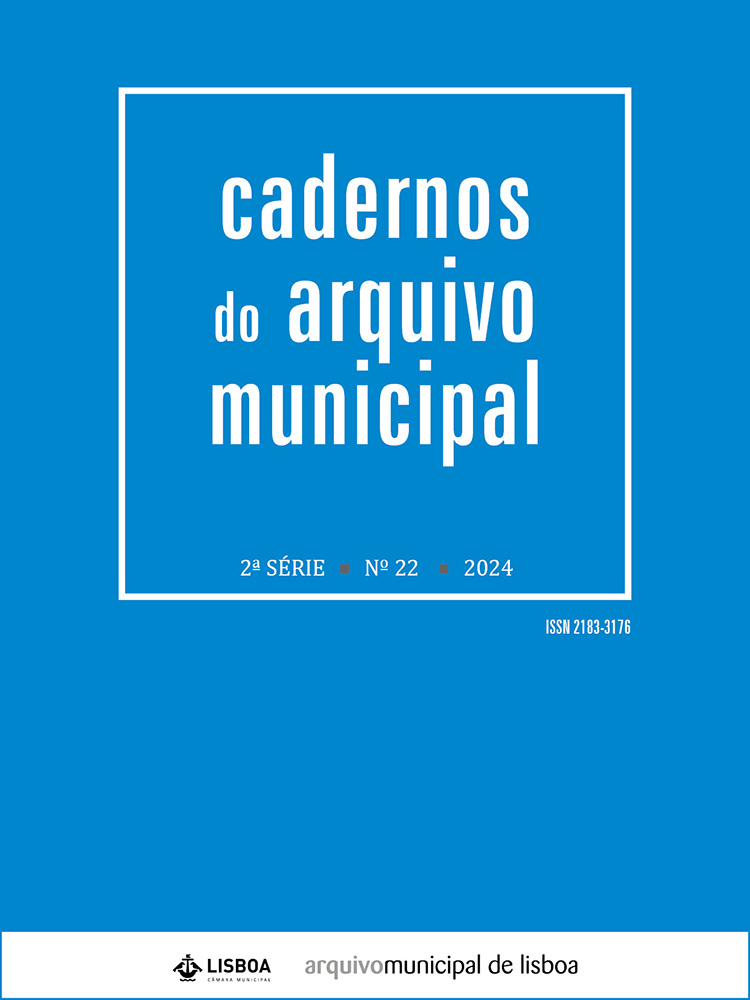International policing in the Cold War: The case of Interpol
DOI:
https://doi.org/10.48751/CAM-2024-22379Keywords:
Cold War, Internationalism, History of the police, History of international relationsAbstract
This article analyzes the political influences on the functioning of Interpol, the main institution of international policing, in the beginning of the Cold War, between 1946 and the mid-1960s. Initially, we seek to understand the origins of the relationships between national police forces and their subsequent influences on the establishment of the International Criminal Police Commission in 1923, as well as its reorganization after 1945, now known as Interpol. We then analyze the role of Interpol as an international organization from the end of the Second World War, in the context of the Cold War. This work explores how the institution develops as a center of police cooperation focused on Western interests. The notion of political commitment of its main members was reflected in the daily functioning of Interpol, allowing us to understand how this organization was used for purposes of political influence by powers of the capitalist bloc.
Downloads
Downloads
Published
How to Cite
Issue
Section
License
Copyright (c) 2024 Gabriella Simantob

This work is licensed under a Creative Commons Attribution-NonCommercial 4.0 International License.
The authors retain copyright and grant the journal the right of first publication, with the work simultaneously licensed under the Creative Commons Attribution License CC BY-NC 4.0 which allows sharing and adapting the text as long as its authorship is correctly attribbuted with recognition of the initial publication in this journal.








